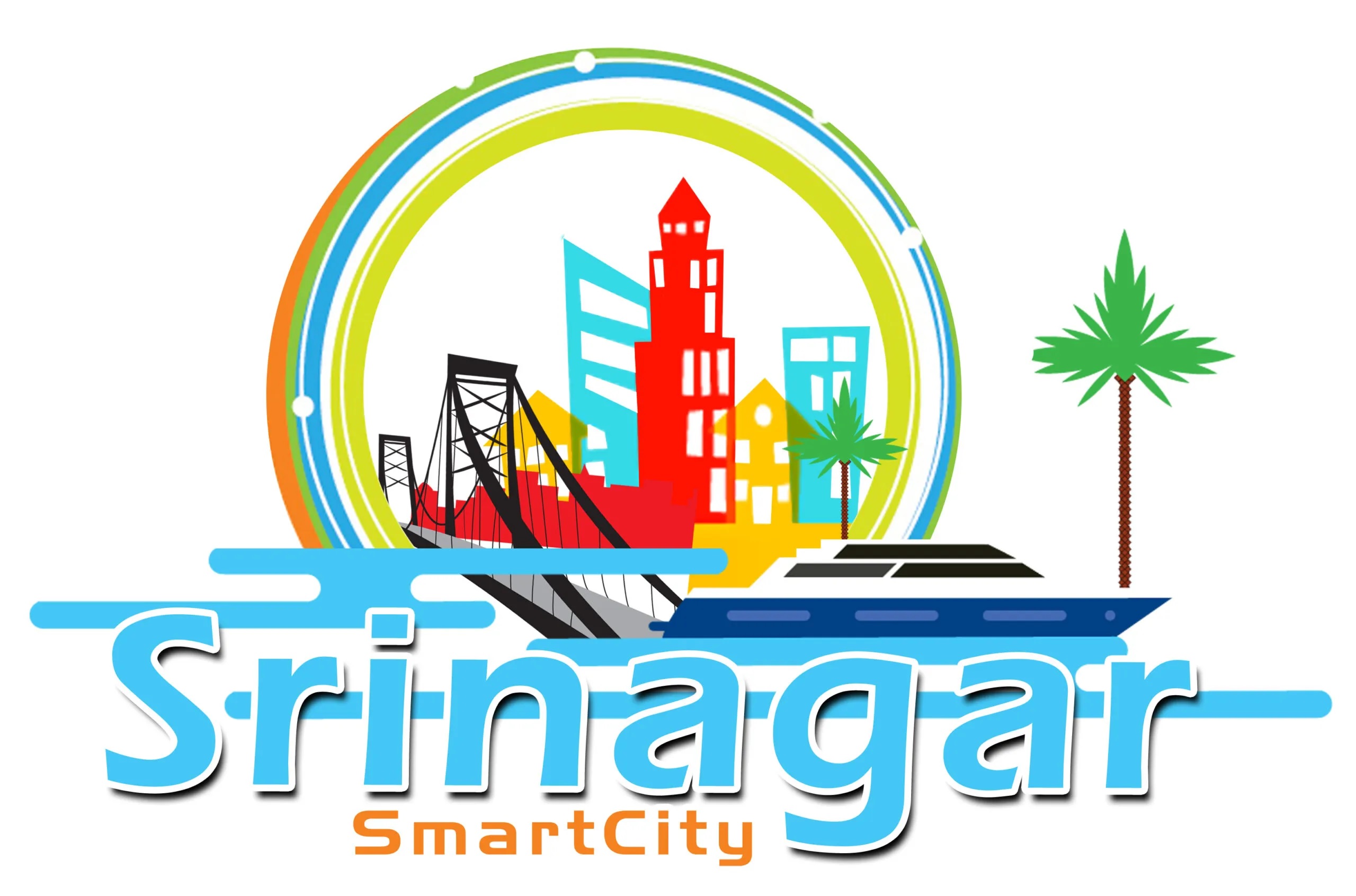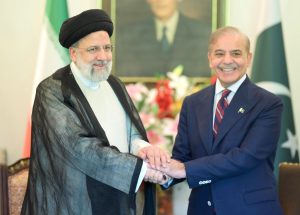
The Glimmering Mirage: Why Kashmir Needs Stable Electricity, Not a Hollow ‘Smart City’ Label
Kashmir Needs Power, Not a Smart City Mirage: Why Stable Electricity Matters
By: Javid Amin
The seductive allure of a “smart city” – a technologically woven urban landscape promising efficiency, sustainability, and an enhanced quality of life – casts a long shadow across the globe. Yet, in Kashmir, the chasm between this vision and the lived reality of its residents is as wide as the majestic valleys themselves. Here, a persistent power crisis throws a harsh light on the hollowness of chasing a label when the most fundamental need – a reliable electricity supply – remains elusive.
For Kashmiris, the fight for a predictable and adequate power supply has become a daily struggle, a relentless echo resonating across homes and businesses. Homes, envisioned as havens of warmth and productivity, morph into battlegrounds against the cold during harsh winters due to erratic power cuts. Students grapple with flickering lights, their studies disrupted as concentration wanes with each dimming bulb. Essential appliances, the silent warriors of modern life, become unreliable companions. Refrigerators, once guardians of perishables, turn into ticking time bombs threatening food spoilage. Washing machines gather dust, their cleaning cycles halted by the whims of the power grid. The frustration is palpable, a simmering anger that erupts in a simple, powerful plea: “We don’t need a smart city, we need proper electricity supply!”
This cry isn’t just about flickering lights; it’s about a broken promise. Imagine a “smart city” boasting smart homes with intelligent appliances and seamless connectivity, all rendered useless without the most basic power source. It’s a cruel mirage, a vision shimmering in the distance while the harsh reality of darkness reigns supreme.
The impact of this crisis extends far beyond the confines of homes. Businesses, the lifeblood of the economy, are crippled by these outages. Shopkeepers face mounting financial burdens, forced to rely on expensive generators to keep their operations afloat. This not only eats into their profits but also disrupts customer experience, creating a vicious cycle that stifles economic growth. Industrial units face production delays and limitations, their competitiveness hindered in a marketplace that demands efficiency. Imagine a bustling market grinding to a halt, cash registers rendered useless, and production lines stalling mid-operation. It’s a stark picture, highlighting the devastating effect of an unreliable power supply on the economic well-being of countless Kashmiris.
The path forward demands a multi-pronged approach that goes beyond simply building more infrastructure. Investments in renewable energy sources like solar and wind power can diversify the energy mix, reducing dependence on traditional, volatile sources. Upgrading power infrastructure, with modern transmission lines and efficient equipment, can significantly reduce losses and ensure better delivery. Fostering responsible consumption and promoting energy-efficient appliances can help bridge the gap between supply and demand. Optimizing existing hydroelectric plants and improving grid connectivity with neighboring states can provide additional security and reliability.
However, solutions extend beyond technical fixes. Transparency and accountability are crucial. Open communication with residents regarding power cuts and planned upgrades can alleviate frustration and build trust. Public-private partnerships can leverage expertise and resources for infrastructure development and maintenance. Empowering communities through awareness campaigns and encouraging participation in energy-saving initiatives can create a sense of ownership and shared responsibility for a sustainable energy future.
The true essence of a “smart city” lies not in flashy lights and technological bells and whistles, but in its ability to address the fundamental needs of its residents and ensure a sustainable future. Until Kashmir can conquer the power crisis, the label of a “smart city” remains a hollow promise, a cruel joke played on the people whose daily lives are defined by darkness. It’s time to prioritize the well-being of Kashmiris, to invest in a reliable and sustainable power supply, and illuminate a path towards a brighter future where the dream of a smart city doesn’t flicker and die with the next power cut.

